Plastic pollution is a global crisis, and in my experience as the CEO of Amige, a company specializing in plastic crushers and shredders, I’ve seen firsthand the impact and solutions to this issue. The Dominican Republic, a country known for its pristine beaches and vibrant culture, faces a significant challenge with plastic waste. So, what’s the current state of plastic recycling in the Dominican Republic, and how can we address this problem?
The Dominican Republic, like many other countries, is grappling with the consequences of plastic pollution. Their efforts in managing and recycling plastic waste are crucial, not only for environmental protection but also for sustainable development. As a business leader in the plastic recycling industry, I’ve observed various strategies and technologies that could be instrumental in tackling this issue.
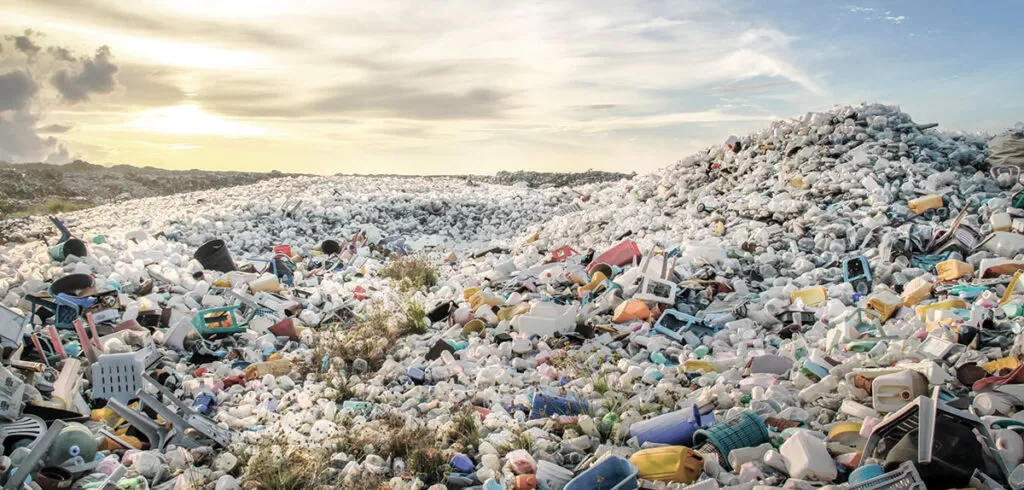
Why is Plastic Recycling in the Dominican Republic Critical?
The Dominican Republic’s economy heavily relies on tourism, and maintaining a clean environment is essential for this sector. Plastic pollution poses a direct threat to the country’s natural beauty, impacting marine life and scenic beaches. According to a report by Generator Plastics in Dominican annually, the Dominican Republic generates an estimated [88,000 tons] of plastic waste annually, much of which ends up in the ocean.
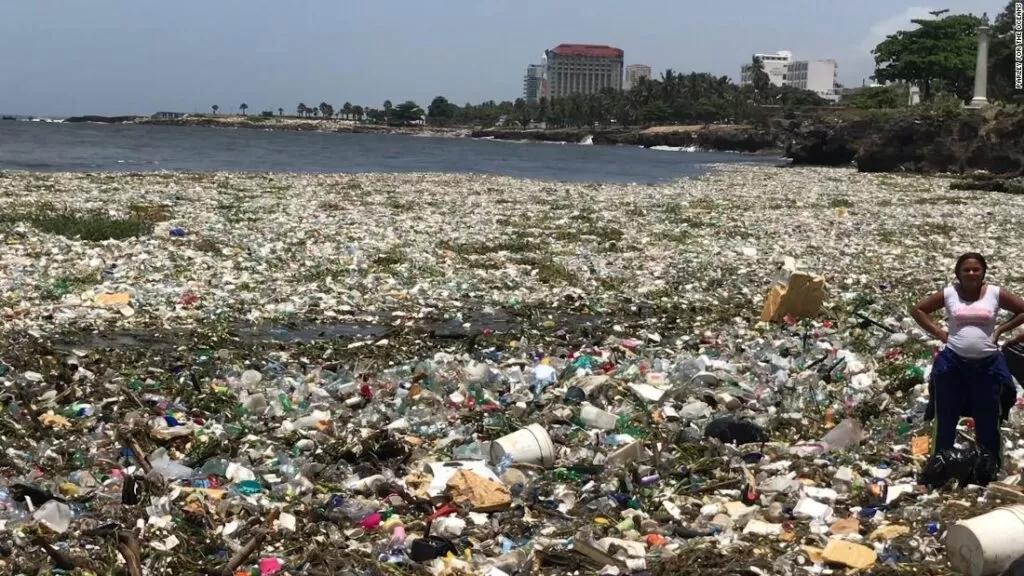
What Measures Are Being Taken for Plastic Waste Management?
In response to the growing plastic problem, the Dominican government, alongside NGOs and private entities, has initiated several waste management and recycling programs. For instance, the private entities, has initiated several waste management and recycling pro Dominican Recycling Initiative focuses on educating the public about the importance of recycling and setting up collection centers across the country. These efforts are crucial in building a circular economy and reducing plastic waste.
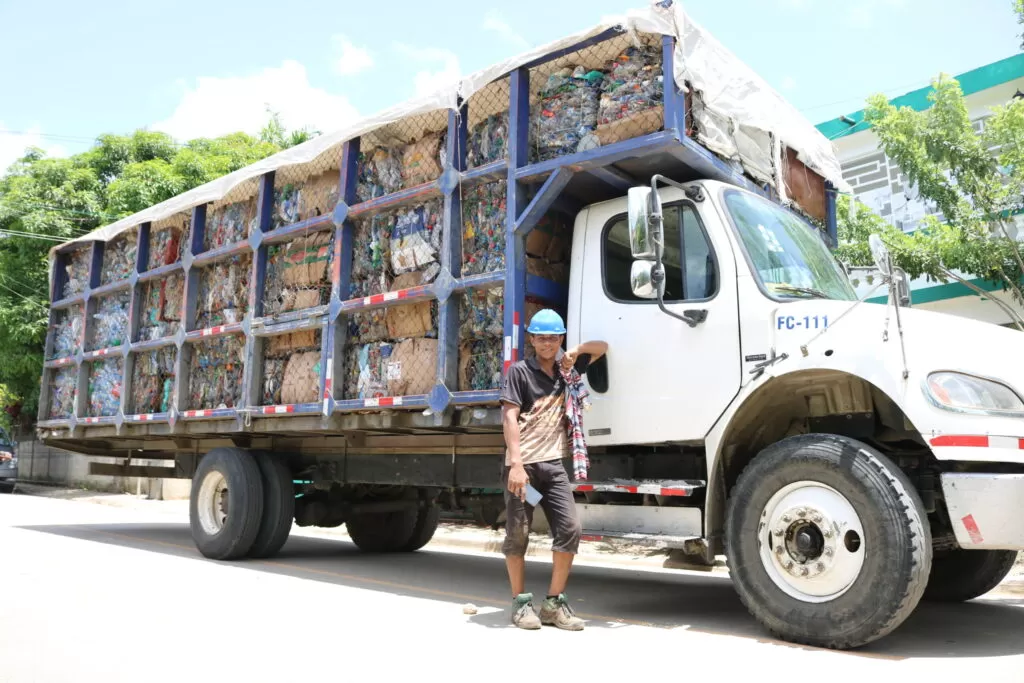
How Does Technology Play a Role in Plastic Recycling?
Technological advancements play a pivotal role in enhancing recycling processes. In our company, Amige, we employ cutting-edge technologies in our plastic crushers and shredders, which could be highly beneficial for the Dominican Republic’s recycling efforts. These machines are capable of handling large volumes of plastic waste, converting them into recyclable material efficiently.
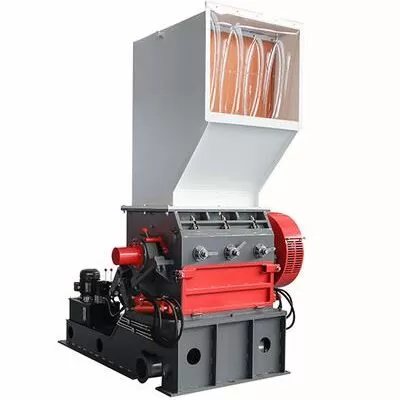
What Are the Challenges and How Can They Be Overcome?
Despite these efforts, challenges such as lack of infrastructure, public awareness, and funding persist. Overcoming these hurdles requires a collaborative approach. In my experience, partnerships between the government, private sector, and local communities are key. Financial incentives and policy reforms can also encourage more businesses and individuals to participate in recycling programs.

The Role of International Collaboration in Enhancing Recycling Efforts
International collaboration and knowledge sharing can significantly boost the Dominican Republic’s recycling capabilities. For instance, our collaborations with countries like Egypt, America, Mexico, and Ecuador have provided us with valuable insights into different recycling methodologies and technologies, which could be adapted and applied in the Dominican Republic.
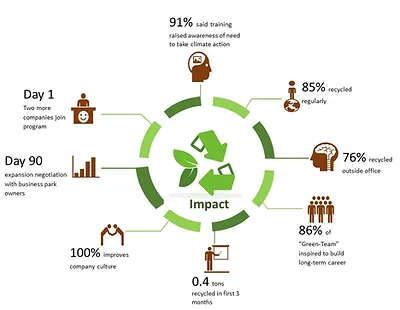
How Can Businesses Like Amige Contribute to Solving the Plastic Problem?
Businesses play a crucial role in addressing the plastic crisis. At Amige, we not only provide top-quality recycling machinery but also focus on educating our clients and the public about the importance of plastic recycling. By offering customizable solutions and breakthrough technology, we aim to make the recycling process more efficient and accessible.
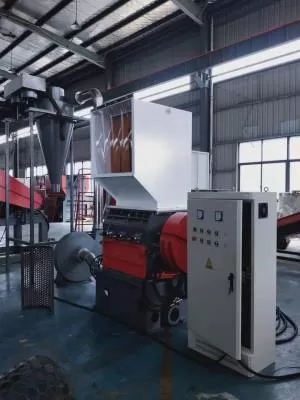
Conclusion
The journey to effective plastic waste management and recycling in the Dominican Republic is challenging but achievable. As a business leader in this field, I am committed to contributing to this cause and believe that collective efforts can lead to a sustainable and plastic-free environment. Together, we can turn the tide on plastic pollution.
